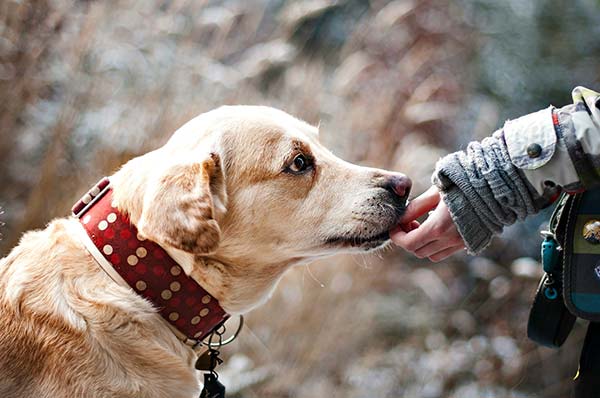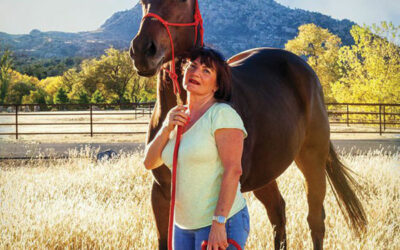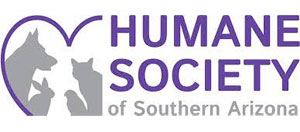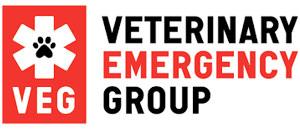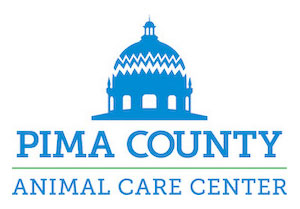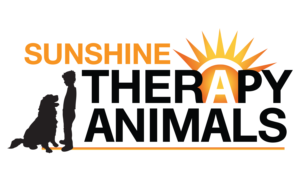Story by Rebecca West
There’s a lot going on in the world right now, and much of it is scary. But if you look hard enough, there is positive news out there to share, like a recent story from the Good News Network regarding the uptick in animal fostering via drive-thrus in response to COVID-19. With so many states locked down, many rescues and shelters are working with skeleton crews trying to care for the animals under their supervision. So how are they managing to get the word out? Social media, of course, and people are answering the call in droves.
“We put out a plea for emergency fosters and received over 500 applications in a matter of DAYS, which is nothing short of incredible,” Asheville Humane Society staffer Meghan Lavender told Good News Network in a late-March email. “The REALLY good news, however, is that many shelters in cities around the U.S. are experiencing the same amazing response from their communities.”
“Shortly after it became obvious that coronavirus was going to drastically disrupt everyday life, a Facebook group was utilized for animal care workers to brainstorm ideas, share what was working for them, and even to organize transfers of animals,” Lavender explained. And it’s working.
At Tucson’s PACC, Communications Liaison Nikki Reck noted, “We have way more pets in foster THAN EVER! This is so much better for their mental wellbeing. Dogs and cats in foster care are often much happier than in a stressful shelter. Our current population is much lower than normal for this time of year, which means the pets here get more one-on-one attention from staff and volunteers. People are still adopting, which is GREAT! It’s an excellent time for it because people are home to get the pet adjusted to routines and whatnot.” As of April 24, 828 animals were in foster care with only 137 pets remaining at the shelter.
At the Humane Society of Southern AZ, CEO Steve Farley told us, “We have always had a wonderful cohort of dedicated volunteers and they are indeed hard at work for us now, increasingly as kitten season heats up. We have 200 actively fostering now. Adoptions have been strong and increasing in recent weeks, even with our new appointments-only model. Many of our older dogs and cats in particular have found great homes during this time. We continue to have many dogs and cats available to adopt since we are transferring in animals from all over the state in order to help out other rescues, given how well our adoptions are going. And our wonderful volunteers keep coming in to walk those dogs – six-foot leashes are perfect social distancing exercise!
In Bakersfield, CA, before self-isolating went into effect, the Kern County Animal Shelter held two foster drives where, instead of driving off with empty calories, they drove off with a foster pet and supplies. The events were hugely successful, with more than 100 animals finding foster homes in a week.
“We rely on the public to adopt. When we don’t have that avenue, we’re left with no option to get animals out of the shelter. It’s not healthy to have an animal sit in a cage for 30 days,” Kern County Animal Services Director Nick Cullen was quoted as saying in “The Californian” before adding, “What we’ve seen from the community is like nothing we’ve seen before. We’re floored with the response.”
The American Pets Alive! Shelter & Rescue Support Facebook page and website provide shelters and rescue charities an opportunity to share advice, health tips, and ongoing information regarding COVID-19 and its impact on both pets and people. They’ve also put together a comprehensive guide for shelters across the U.S. entitled The American Pets Alive! COVID-19 Animal Shelter Preparedness Guide. It covers subjects ranging from feral/community cat protocol to how to get your community to help.
Continuing in the spirit, the Huffington Post revealed that animal hospitals, veterinary colleges, and even zoos are offering desperately needed ventilators to hospitals under siege for treatment of COVID patients.
The Cummings Veterinary Medical Center at Tufts University, which runs Tufts VETS and the Foster Hospital for Small Animals, were able to donate two ventilators to Tufts Medical Center in Boston.
“What was most encouraging regarding the ventilators we received was they are the same ventilator that Tufts Medical Center uses on our human patients. This was a clear benefit, as it resulted in no additional time required to train our respiratory therapists,” stated Leslie Lussier, the facility’s director of respiratory care.
Cornell University College of Veterinary Medicine in New York has offered its ventilators to local health departments, also. Their spokesperson shared that they have donated over 1,000 N95 respirator masks, as well as other supplies, and was prepping three ventilators and 19 anesthesia machines to transport to the Cayuga Medical Center in Ithaca, NY.
They are among more than 190 organizations in 30+ states that have pitched in so far. Others that offered their resources include the Detroit Zoological Society, the nearby San Diego Zoo, and Arizona’s very own Phoenix Zoo, as well as dozens of local and university clinics desiring to assist.
Dr. Beth Davidow, president-elect of the American College of Veterinary Emergency and Critical Care, posted a callout in March to veterinarians who might have ventilators to share.
After establishing a centralized database for donors to catalogue their available resources on a spreadsheet, almost 250 ventilators were listed within days. The spreadsheet has been shared with the AMA, the Society of Critical Care Medicine, and the American Hospital Association for identifying potential donors.
How’s that for good news, America?


